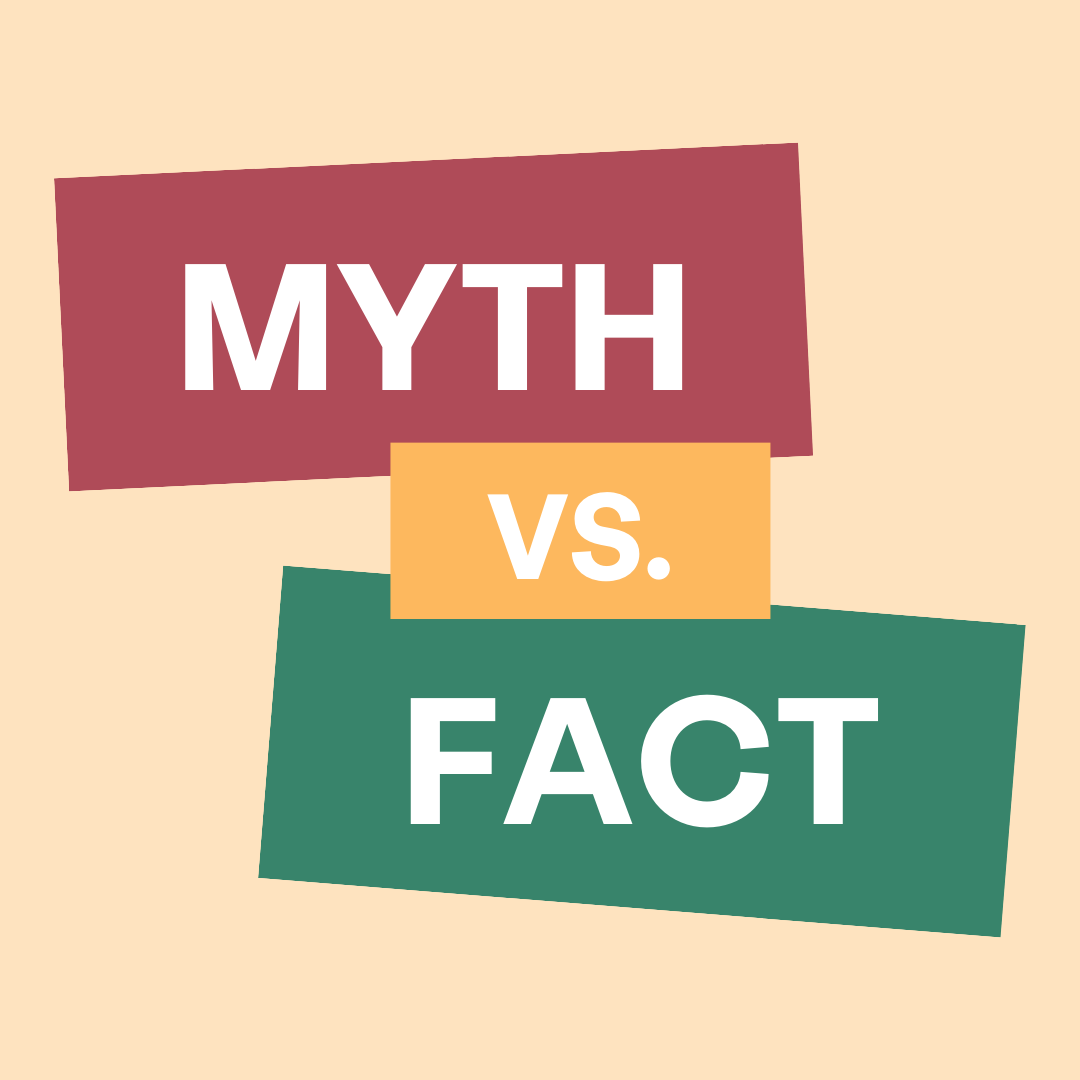Believing survivors and breaking myths
02.29.24
Category: Legal Advocacy, Prevention & Education, Survivor Voices
Type: Blog
02.29.24
Category: Legal Advocacy, Prevention & Education, Survivor Voices
Type: Blog
 For almost five decades, KCSARC has supported thousands of survivors and their families while advocating for systems to better respond to their needs. In that time, we have developed a keen understanding about the impacts of sexual violence trauma.
For almost five decades, KCSARC has supported thousands of survivors and their families while advocating for systems to better respond to their needs. In that time, we have developed a keen understanding about the impacts of sexual violence trauma.
One thing we know from our experience and from reliable studies is that it is common for survivors to lack clarity about some of the details of their assault. They may be unable to explain what happened in a linear way.
Sometimes these common and real reactions to trauma can be perceived as the victim “changing their story.”
We have made progress over the years in making sure law enforcement, prosecutors, medical personnel, schools and others who might receive a report have the training and background on how the trauma of sexual assault affects memory, recall and behaviors that may seem puzzling on the surface to someone otherwise trained to look for a set of facts and details.
Unfortunately, most in our community don’t steep themselves in reading or understanding about this, and still hold tight to a persistent myth about “false reporting.”
In reality, only between 2-10% of reports to the criminal justice system turn out to be unfounded, similar to any other crime reporting. More about how these numbers are counted at the National Sexual Violence Resource Center.
And as the Oregon Attorney General’s Sexual Assault Task Force reported, it’s important to avoid categorizing victims who withdraw a report or recant their story as a “false report.” In those cases, the victim may decide to end their involvement in an investigation after enduring unsupportive questioning, minimization of their experience, or lengthy and painful waits for resolution in their case.
Choosing not to engage with the criminal justice system after making a report does not mean the sexual assault did not happen or that the original report was false. The danger of that mistake — one that allowed a serial perpetrator to continue harming victims — is shown by The Marshall Project/ProPublica investigation focused on a refusal to believe an 18-year-old victim in Lynnwood.
And while we ponder the rarity of a false report, let’s remember only 31% of all actual sexual assaults are actually reported in the first place. Reluctance to report stems in part from the fact that many survivors feel they won’t be believed when they report.
So we have a vicious cycle: many people (detectives, prosecutors, judges, and media reporters are people, after all) hold misinformed beliefs about the prevalence of unfounded reports that cause them to scrutinize a sexual assault survivor’s story, emphasizing gaps or missing information more than what the survivor does convey.
When the community hears that a sexual assault victim’s report may have gaps, the immediate response is often to judge and condemn the victim.
That sends a chilling message to all survivors: you will not be believed, and your experience does not matter because of things that have nothing to do with your assault. That makes it even less likely a victim will report.
And that means far too many survivors do not get the help they need to heal, and that perpetrators are not held to account.
So when we see and hear that a survivor’s story isn’t “adding up,” or that law enforcement is examining inconsistencies in a victim’s account, let’s remember the difficulty so many sexual assault survivors have in being believed, compared to the very small number of reports that may in fact be unfounded after an investigation.
Consider the intensity of public response and attention paid to an inconsistency, and how that supports society’s historic and stubborn attachment to outdated ideas about gender and gender roles, sexuality and in particular, treatment of women and girls, especially women and girls of color.
Ways we all can support survivors and help end sexual violence include:
Need help or have questions about sexual assault? Free and confidential help or information is always available at KCSARC’s 24-hour Resource Line at 1.888.99.VOICE.